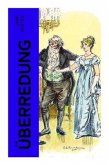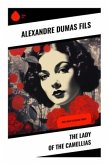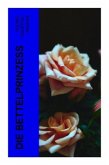In her groundbreaking novel "Maria," Mary Wollstonecraft explores the themes of female autonomy, societal oppression, and the complexities of emotional relationships within the framework of 18th-century England. Employing a vivid and emotive literary style, Wollstonecraft weaves a compelling narrative that critiques the patriarchal structures that limit women's lives. The novel's structure, interspersed with letters and personal reflections, underscores the protagonist's struggle for personal integrity against the backdrop of a rigid social order, revealing the pervasive injustices faced by women of the period. Mary Wollstonecraft, a pioneering advocate of women's rights and education, drew from her own tumultuous experiences and profound philosophical insights to craft this narrative. Her extensive writings on gender equality and morality, including the seminal "A Vindication of the Rights of Woman," inform the depth of her characters and their societal critiques. Wollstonecraft's background as a governess, an independent woman, and an intellectual of her time informed her passion for reform, making "Maria" both a deeply personal and universally relevant work. I highly recommend "Maria" to readers eager to delve into the complexities of gender and society. This novel not only captivates with its emotional depth but also serves as a crucial work within feminist literature, inviting critical reflection on ongoing struggles for equality.
Bitte wählen Sie Ihr Anliegen aus.
Rechnungen
Retourenschein anfordern
Bestellstatus
Storno








